
Exercise
Feeling healthy, stress-free and relaxed will only help the chance of you and your partner falling pregnant.
Exercise, even low-impact activities such as walking, biking, dancing or swimming, is a great way to relieve stress, improve lung capacity and make your body stronger. The calming effects of yoga can also help relieve stress as it focuses on strength, flexibility and breathing to boost physical and mental wellbeing.
Regular yoga practice can be beneficial for people with high blood pressure, heart disease, aches and pains, including back pain and osteoarthritis. Yoga has also been associated with improved mood and sleep, helping manage stress and depression. A regular exercise programme to achieve optimum health and fitness is recommended.
To find out what you need to know about exercise during pregnancy, click here.
Related articles

Further comfort measures for pain relief
Distractions like breathing, visualising or fixing on one point can take your mind off the pain.
5 mins to read
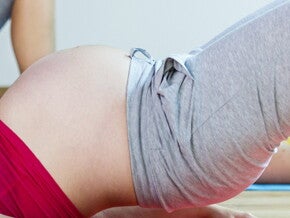
Levels of fitness
First trimester
Your fitness is likely to decrease. Listen to your body and only do what you feel comfortable doing.
Second trimester
5 mins to read

Monitoring your response to exercise
It is important to monitor your response to your exercise programme by taking your pulse-rate before, during and after exercise.
5 mins to read

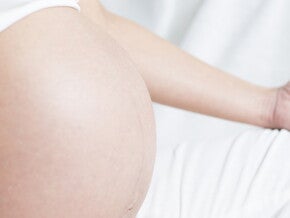

Criteria for prenatal classes
Instructor’s credentials, for example, midwife, physiotherapist.
Instructor’s specialised training in childbirth education.
5 mins to read

Conception
The fertilised egg divides into two identical cells – then four, then eight, then 16, and then many billions, and 266 days later – your baby.
1 min to read

Hazards to pregnancy
Pregnancy is usually diagnosed several weeks after conception. It is, therefore, advisable to avoid risk factors if you are planning to become pregnant.
2 mins to read

Increasing postural awareness and correction take
Take particular care of your back during and after pregnancy – protect it from strain and possible injury.
5 mins to read

Adjusting to pregnancy
Discovering that you are pregnant brings about a variety of new feelings.
5 mins to read

Preconception checklist
Are you planning to have a baby soon? Find out our preconception checklist to facilitate the conceiving process and have an healthier pregnancy.
1 min to read
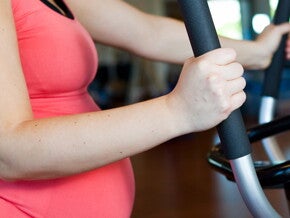
Maintaining and improving fitness
Stimulating the cardiovascular system through aerobic exercise helps to maintain and improve your fitness during pregnancy.
5 mins to read

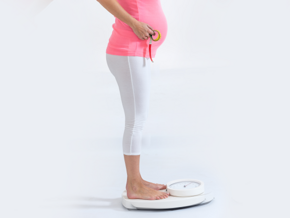
How Much Weight Should I Gain During Pregnancy?
There are many things you can do to prepare for the delivery of a healthy baby. One of the most important things is eating right to gain the extra weight you’ll need to support another life.
4 mins to read
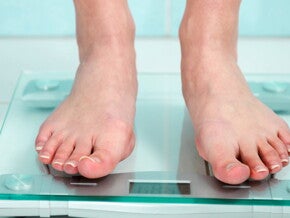

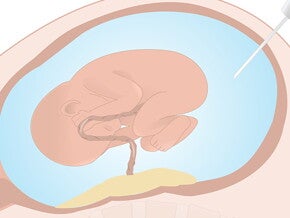
Diagnostic tests
Diagnostic ultrasound
The most important scans are performed at 12 weeks and 16 weeks. These early scans often prove the most accurate in determining the date of birth.
3 mins to read

Breathing techniques
Breathing reflects the activity in your body and, of all the body’s involuntary unconscious physical responses, breathing is the easiest to control.
4 mins to read

Diagnosis and signs of the pregnancy
Confirm a suspected pregnancy immediately to avoid unnecessary risks to your baby.
1 min to read